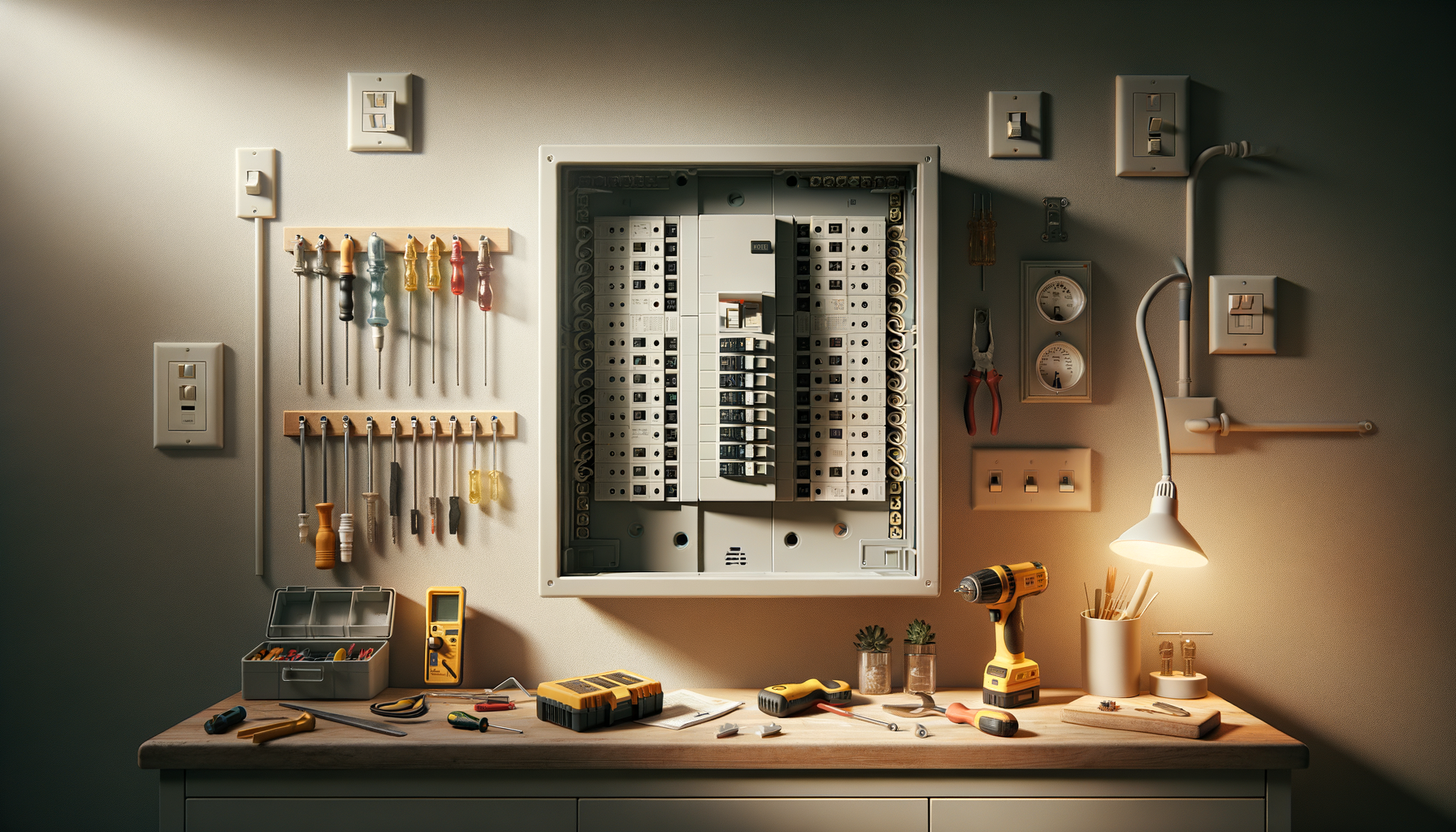Simplify Circuit Breaker Labels with this Clever Electrician Hack

Navigating the ins and outs of household electrical systems can be daunting for many homeowners. However, understanding some simple strategies can empower you to handle minor electrical issues safely and effectively. One crucial component that often requires attention is the circuit breaker panel. Knowing how to manage this can prevent unnecessary stress and potential hazards.
At the heart of your home’s electrical system lies the circuit breaker panel. Picture this as the control hub that manages the electrical flow across your house. Each breaker within the panel is a safeguard designed to interrupt power to specific circuits when anomalies like overloads or short circuits arise. Occasionally, these breakers may trip, leading to a temporary power cutoff in parts of your home. When that happens, resetting the breaker is generally the go-to solution.
Begin by opening the breaker panel door. You’ll notice a series of switches, each corresponding to a designated area in your home. A tripped breaker usually sits in a middle position between ‘On’ and ‘Off.’ To reset it, flip it completely to ‘Off’ before turning it back to ‘On.’ This should restore power to the affected circuit.
A critical aspect that often goes unmentioned is understanding why the breaker might have tripped. Overloading a circuit by plugging too many high-wattage appliances into one outlet is a typical culprit. To prevent repeated trips, distribute appliances across multiple outlets or circuits, reducing the electrical load on any single circuit.
Safety cannot be overstated when dealing with electrical components. If a breaker trips repeatedly, it’s advisable to consult a professional electrician. Recurrent issues may indicate underlying problems such as faulty wiring or malfunctioning appliances, which should only be handled by someone with expertise. Regular inspection and maintenance of your electrical system can prevent such issues, contributing to a safe home environment.
Moreover, having a neat and organized breaker panel can save time during troubleshooting. Consider labeling each switch with corresponding areas or appliances, like ‘kitchen outlets,’ ‘living room lights,’ or ‘washer/dryer.’ This simple hack minimizes confusion and ensures swift identification when a breaker trips.
Electrical safety doesn’t merely revolve around fixing issues but also embraces preventive strategies. Installing smart outlets equipped with overload protection or surge protectors for sensitive electronics can safeguard against potential hazards.
Maintaining a functional and safe electrical system is essential for every homeowner. By mastering these straightforward strategies, you can enhance electrical safety and efficiency in your dwelling—making home management less intimidating and more manageable.
